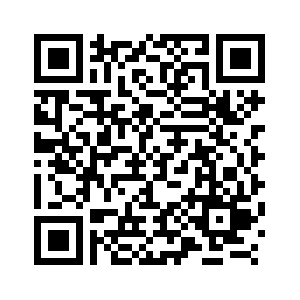BEIJING, March 28 (Xinhua) -- Blaming others for what it is doing furtively has been a common practice of the United States, and perhaps that's because Washington is familiar with the underlying trickery.
The recent scandal -- cyberattack tools deployed by the U.S. intelligence agency National Security Agency (NSA) -- is the latest example of the country's wicked acts.
Last week, Chinese internet security firm 360 released the details of the QUANTUM attack system, a platform believed to be NSA's most powerful cyberattack tool.
The revelations came amid Washington's increasing accusations against China of so-called cyberattack and cyber espionage, without a shred of substantial evidence.
In contrast, the 360 report is quite extensive and well-founded. It detailed step by step how the U.S. spy agency unleashed cyber assaults, listing the specific components of this sophisticated tool, with codenames such as QUANTUMSERT, QUANTUMBOT, QUANTUMBISCUIT and QUANTUMPHANTOM.
According to the report, indiscriminate hacking was being carried out and internet traffic of any users anywhere was hijacked, including users of sites such as Facebook, Twitter and Amazon as well as China's instant messaging platform QQ.
This is the second time this month that a Chinese cyber-security firm has warned against the NSA's cyber attacks, which have targeted nearly 50 countries and regions worldwide, including China, for more than a decade.
The NSA espionage program is nothing new. In 2013, investigative reports by the German news outlet, Der Spiegel, revealed that the United States had placed bugs in the EU representation in Washington, and infiltrated the computer network of the Organization of the Petroleum Exporting Countries using the "Quantum Insert" method. And when exposed the United States plays its usual trick of "thief crying stop thief."
U.S. cyber attacks against China have gravely endangered the security of China's key infrastructure, a large amount of personal data and commercial and technological secrets, and seriously undermined the mutual trust between China and the United States in cyberspace.
As an old Chinese saying goes, "do unto others as you would have them do unto you." At the very least, one should refrain from harming others while leveling false allegations. ■



